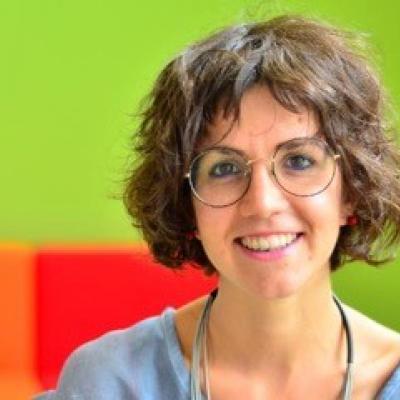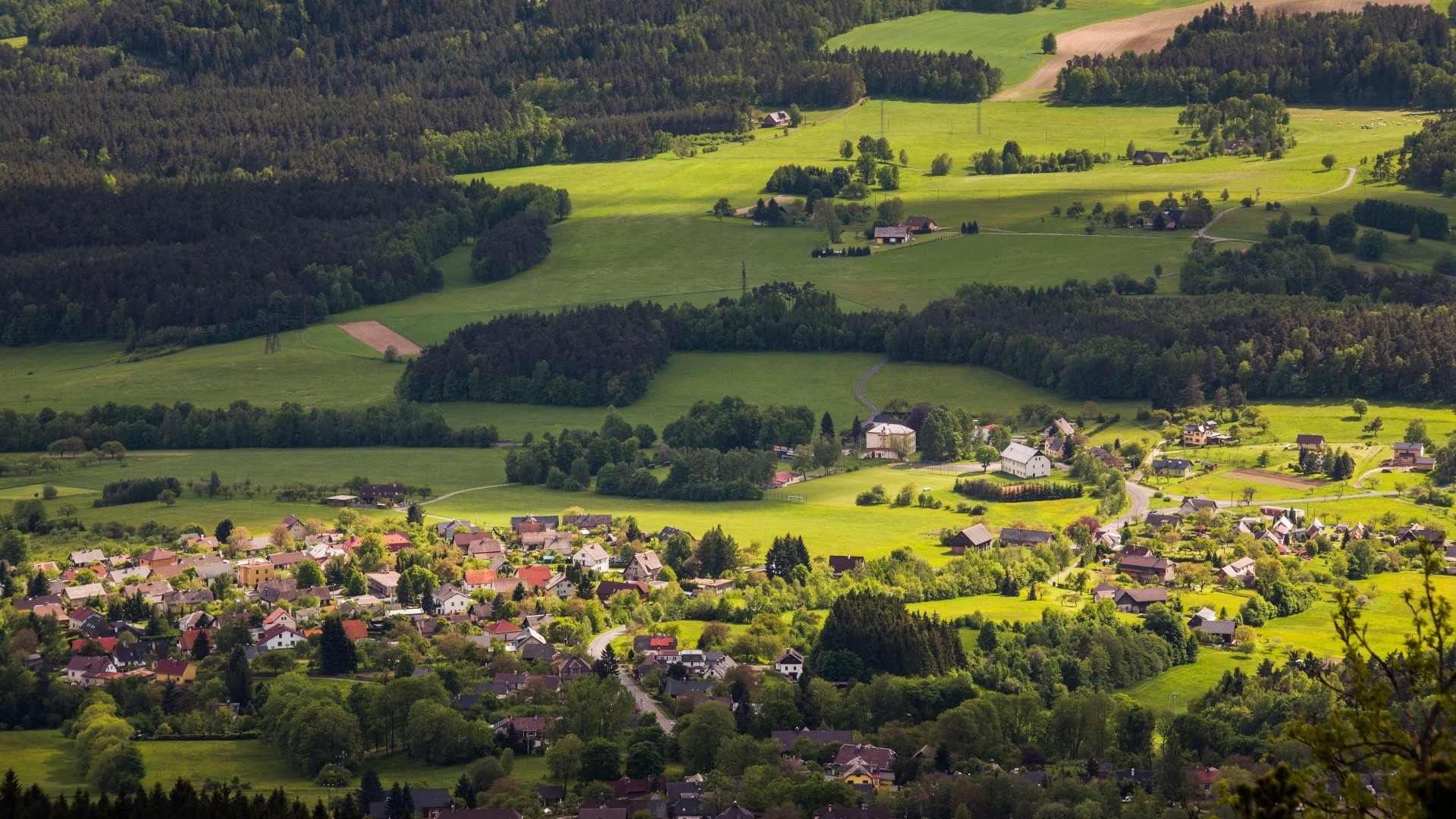New research project on integrated bioeconomy land use assessment
The project marks an important step in addressing the critical issue of sustainable land use in the context of a growing bioeconomy, aiming to generate a nuanced understanding of land system responses to bioeconomy-related policies across the European Union. The project aims to be sincere in its inter- and transdisciplinarity. Through reflexivity and by enacting a critical approach to scientific inquiry itself, we will account for, throughout the project, the co-production of knowledge across the different worlds of knowledge involved.
At the core of this initiative is recognition of the intricate bond between societal health and well-being and land use. Terrestrial ecosystems, central to human survival, contribute to society a plethora of essential services. Examples include direct inputs such as food and energy as well as indirect aspects such as regulating processes like flood mitigation and climate change mitigation. This project underscores the importance of having in place a better informed system of governance capable of systematically exploring the possibilities, probabilities, and preferabilities of bioeconomic futures, especially as they relate to the maintaining of a “good” condition across ecosystems.
One of the project’s foundational frameworks hence has to do with ecosystem assessment. This effort involves determining the “safe operating space” for different ecosystem types, ensuring their ability to maintain a desirable condition while providing essential biomass flows and services. One critical aspect of the effort is understanding the impact of biomass extraction on ecosystem condition and the need to balance that with further aspects such as biodiversity and soil health, among others. To this end the project approach aligns with major EU policy initiatives such as the Nature Restoration Law and the New Forest Strategy to 2030.
Concerning societal assessment, the project adopts a novel frame based in the concept of societal metabolism—understanding society as a holistic entity with an adapting identity to be preserved, an identity that expresses a complex metabolic pattern governing production, management, and use of biomass. In conjunction with said frame the project employs an integrative methodological approach, the Multi-Scale Integrated Analysis of Societal and Ecosystem Metabolism (MuSIASEM) accounting framework, to capture the linked social-ecological implications of bioeconomy-related policies. This framework assesses the compatibility of the current bioeconomy state with environmental, economic, and social contexts and explores potential future social-ecological configurations through “what-if?” scenarios. These scenarios, developed participatively, aim to provide decision-makers with insights on the boundaries and possibilities of the bioeconomy option space.
In the spirit of Post-Normal science, the project further champions, at its core, a commitment to engage with an extended peer community in order to produce the “extended facts” necessary to address the wicked problems we face in relation to bioeconomic transition. Here at the Competence Centre on Participatory and Deliberative Democracy, we are involved with tasks related to narrative analysis and discerning of relevant policy storylines, making use of interpretative research approaches. The project will also use a co-creation workshop format to involve a broad spectrum of stakeholders, including policy officers and land-users among the extended peer community, in the development and evaluation of these storylines, in this way promoting a more inclusive and democratic approach to policymaking.
All these aspects form the guiding pillars of the project’s approach to sustainability and bioeconomy research, emphasizing the inclusion of diverse perspectives, the need for holistic, biophysical analysis of social-ecological systems, and the importance of a highest-quality deliberation process in identifying key leverages. The project represents a forward-thinking and integrative effort to understand and guide land use practices in the context of the EU’s evolving bioeconomy, ultimately seeking to generate robust visions for societal futures compatible with biological and ecological limits and societal well-being.
Further details on the project, as well as updates as they emerge, can be found on the project’s webpage.

